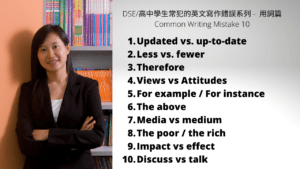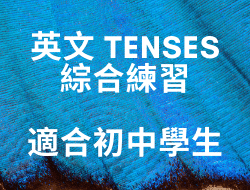IELTS 4 Writing Model Essay (Free sample)
Test 1 Task 2 Question
Write about the following topic:
Compare the advantages and disadvantages of three of the following as media for communicating information. State which you consider to be the most effective.
– comics
– books
– radio
– television
– film
– theatre
Give reasons for your answer and include any relevant examples from your own knowledge or experience.
Write at least 250 words.
Test 1 Task 2 Model Essay by an Expert
The presence of media everywhere today can cause an information overload. Different forms of media bombard the average person with hundreds of pieces of information and advertisement on any given day. As a result, we must look harder at the technologies available if we are to know how we can most effectively communicate information to a wide audience. What technologies are best to insure our message does not get lost among this mass of competing media? In this essay I will examine the advantages and disadvantages of radio, television, and books respectively, and argue for the supremacy of the book as a medium.
The radio was the first major technological advance of modern media, and it has been extremely successful. Many families still keep the radio on all day in the background, and it was common practice in pre-television America for families to gather around their set together, to hear favourite programs such as The Shadow or Dragnet. Radio still has an advantage over other forms of media because it is so easy to access: no special attention or activity is required. If the majority of radio listeners in the West today are car drivers, this further demonstrates that the radio can find listeners without making demands other media make – like sitting still or getting rid of distractions. But the radio is a victim of its own success in this regard, as it also fails to captivate in the way that other media can. That very ease of access also means that the impact of information communicated by radio is lessened.
By contrast, television is extremely absorbing – so much so that it is often blamed for childhood issues like Attention Deficit Disorder. This absorbing quality allows its messages to be communicated extremely effectively, and as information is generally communicated in short bursts it is possible to watch for long periods of time without getting bored. As a result, it is said that an American child on average spends altogether an entire day out of every week watching TV. While this seems to suggest the power of television to grab and hold one’s attention, does this mean that it is an ‘effective’ medium of communication? People often discuss the problem of ‘passive viewing’, meaning that TV viewers are focused but do not necessarily remember or even process everything they see.
As a result, the book shows itself to be the most effective medium. While reading, we both devote our attention in a focused way and are active readers, so that we must participate in the message’s communication ourselves. Reading also gives the reader the option of pausing to reflect and consider, and of going back to re-read. As a result it is possible to remember vividly stories read in childhood, whereas so little television seems to have the same effect. As an old technology, it is also cheap and easy to create and publish text.
In a world saturated by media options, it is oddly enough the oldest technology which still proves the most effective. As a communicator, the book both holds focused attention and encourages us to receive information in an active, rather than passive, way. As technologies continue to develop, we must not forget the sometimes the low-tech option is best!
(548 words)


